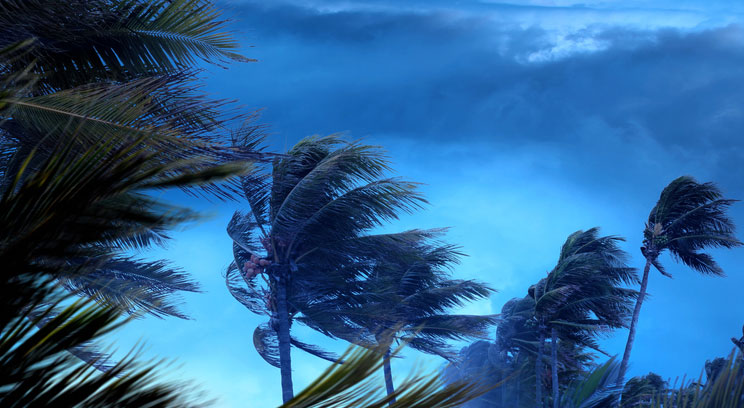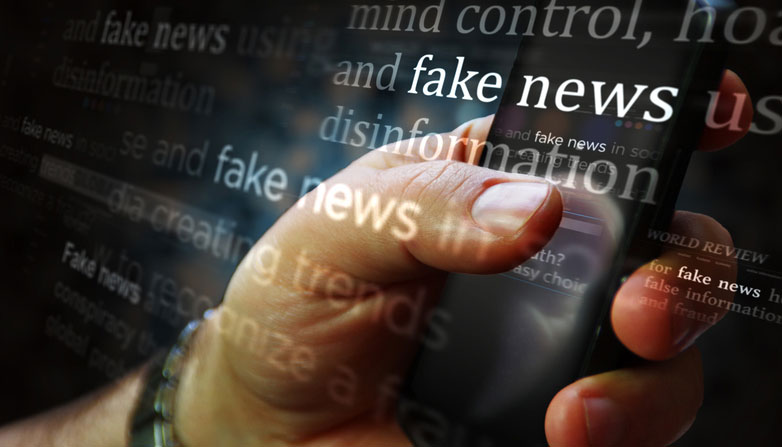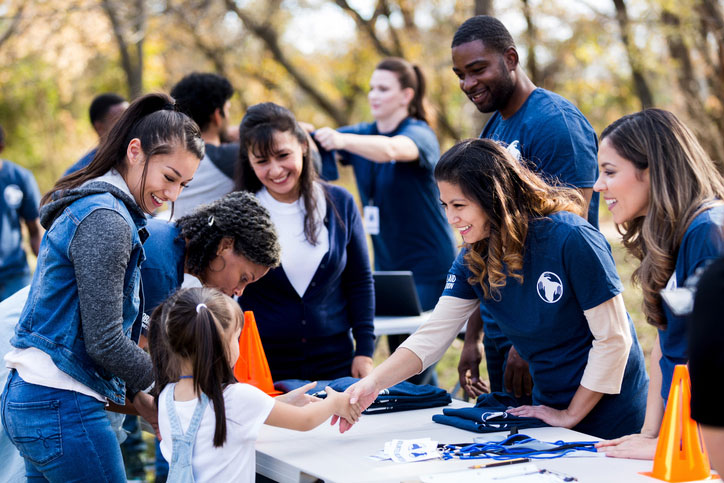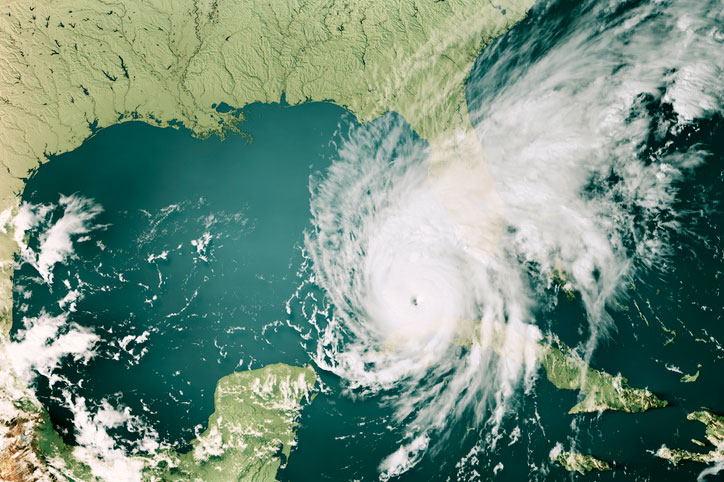Written by Scott Wilson
Nearly every year, social workers turn out to protect and assist Floridians from one of the most awesome exercises of raw power that Mother Nature produces: hurricanes.
The state got whacked with a doozy early in the season in 2024, a two-for-one special that saw Hurricane Helene smash the peninsula in the Big Bend area on September 26, while Milton tore across south of Tampa Bay only two weeks later.
In the wake of these disasters, social workers in the Sunshine state and surrounding areas mobilized as they always do. Their training in social systems and a vast catalog of resources to refer people to is the best response to multi-faceted natural disasters. They fan out, handling complex problems like getting emergency funding to kidney dialysis patents and checking up on seniors
In 2024, it wasn’t enough for Florida’s social workers to provide information on evacuation shelter space, or to organize food and clothing supplies for people driven from their homes by flooding, or to offer crucial crisis mental health counseling for those who have lost loved ones along with all their worldly possessions.
In the midst of it all, this year social workers had to fight another unexpected problem: misinformation
The Winds of Misinformation Cause Their Own Kinds of Destruction

Rumors and disasters have gone hand-in-hand since ancient times.
As a social animal, humans crave information and interaction in times of stress. As excitable creatures, we react strongly to that information when it is surprising or shocking. And as imperfect beings, some among us are prone to making things up to provoke exactly that reaction, or to attempt to shape the world in our favor.
All these things were in full display in Florida during the 2024 hurricane season.
All the old standbys were on display:
- Sharks were swimming around in flooded streets near the coast
- Rumored shortages of certain kinds of aid supplies or common consumer goods caused runs on stores for those products
- Areas that hadn’t been hit were rumored to have been destroyed; areas that suffered significant damage were said to have gone untouched
But 2024 brought some new and even more dangerous kinds of misinformation to the table.
Distrust and Danger Plagued Social Work Hurricane Assistance in 2024

Rumor and disinformation during disaster is nothing new. But it has taken a dark turn when mixed with today’s heavily contentious political climate.
Meteorologists received death threats merely for providing accurate forecasts of the storm’s power and intensity. Up in North Carolina, at least one man was found armed with a rifle and handgun after making threats against relief workers. And in Tennessee, an armed group harassed FEMA workers on the job in a remote rural area, prompting the local sheriff to set up a command post in the area to protect relief workers.
Social media access means that misinformation spreads even faster than before—and is harder to stop.
Deanne Criswell, head of FEMA during the Helene and Milton events, stated that the false claims were creating a “truly dangerous narrative” that was demoralizing for not just FEMA staff, but all first responders actively assisting people in the wake of the storms. The American Red Cross, an entirely private non-profit entity, echoed the sentiment, stated that misinformation was hurting relief efforts.
Social workers are among those first responders who were threatened. But they may also be the best equipped to defuse the threats.
The Rumors Shifted Against Hurricane Disaster Responders This Year
That misinformation took some wild and unbelievable twists in a year shaping up around a very close presidential election. Residents were told flat-out and often contradictory lies such as:
- No victim would receive any more than $750 in compensation from the federal government
- FEMA was abandoning anyone with a particular political affiliation
- FEMA was going to confiscate damaged property
- FEMA was preventing evacuations for some people, forcing them to stay in high-risk areas
- FEMA was calling for evacuations in areas that weren’t at risk at all in order to clear people out for corporate lithium mining interests
- The federal government used secret weather-control technology, probably space lasers, to steer the hurricanes toward areas containing people with a particular political affiliation
This has a real impact not just on social workers and their own safety and effectiveness, but also on the populations they are trying to help.
More maddening is that many of the elected officials stoking these rumors are themselves actively pursuing cuts to FEMA and disaster relief funding or attempting to withhold that relief from the people that don’t support them politically.
How Social Workers Can Be the Best Tool to Combat Disaster Disinformation in Florida
The good news is that strong, fact-based pushback, from social workers among others, seemed to be effective in tamping down the online rumor mill after several heated days.
In fact, social workers may be the relief workers that are best equipped to fight the disinformation deluge.
Unique among disaster responders, social workers with a CSWE-accredited Master of Social Work behind them have a layered education in psychology, giving them some insight into the motivations behind the spread of disinformation and why people are susceptible to believing it.
Coursework in sociology, psychology, and human behavior offers insights into what drives a rumor through a community. Classes in communication skills and actual fieldwork that involves building a rapport and connecting with individuals develops the abilities to push back against misinformation both directly and through community organizing.
Maybe equally importantly, the profession of social work has a long history of fighting similar despicable rumors, threats, and accusations aimed at minority and refugee communities. Although the circumstances may be different, the sort of wild lies and finger pointing are all things they have been trained to deal with.
Social Workers Have the Skills to Fight Misinformation at Both Micro and Macro Levels
An article published in Families in Society: The Journal of Contemporary Social Services in 2023 offered a preview of the ways that social workers could and must take on a proactive role in fighting conspiracy theories.
The root of conspiracy theories is a desire to maintain control.
The critical thinking skills that are inherent to a strong social work education are at the heart of micro-level interventions in the spread of disinformation. Basic logic, common knowledge of human services and government systems, and the ability to reason successfully one-on-one is the first line of defense for social workers encountering misinformation in the field.
At the macro level, social workers have training in advocacy work that can challenge conspiracy theories and change the rules around how information is assessed and distributed.
Lobbying for new controls on social media, fact-checking requirements, and educational efforts to inoculate people against disinformation is right at the top of the toolbox for many Florida social workers. This can include basics like:
- Educating public relations team members on the importance of including corrections any time they encounter misinformation in the wild
- Collaborating with social media companies to reduce the spread of common items of misinformation; for example, the American Red Cross quickly got on Facebook to bat down some common rumors before they got traction
- Inoculate susceptible audiences with strategies that get ahead of likely rumors and untrue information
Or it can go further, through lobbying for more transparency and stricter regulations on social media companies for research on the larger misinformation problem. Some social workers with doctoral degrees may even be working on finding funding for more academic research specific to disaster misinformation.
Social Workers Are Part of the Response Because They’re Part of the Community

Social workers are simply part of a much larger response. They’re right out there with FEMA staff, EMS workers, and search and rescue teams, comforting survivors and taking them to the next stage of recovery after they have been plucked from immediate danger.
But the very fact they blend in with the crowd of other relief workers heightens the risk. They are seen as other shadowy representatives of a faceless, oppressive government agency.
Social workers, of course, are not big government. Like every other government employee or contractor, they are members of their community. They are mothers, brothers, sons and daughters. They, too, are survivors of disaster, sometimes leaving behind the wreckage of their own homes and packing away their own trauma to assist others who have an even greater need.
Social workers are survivors too. Yet they are being vilified even as they put aside their own needs to serve Florida communities.
Conspiracies dehumanize and abstract real people into ‘The Other’: a vague threat that believers are justified in treating as something less than human.
While 2024 caught many social workers and other relief workers by surprise, future hurricane seasons in Florida will find them fully prepared for these attacks.

